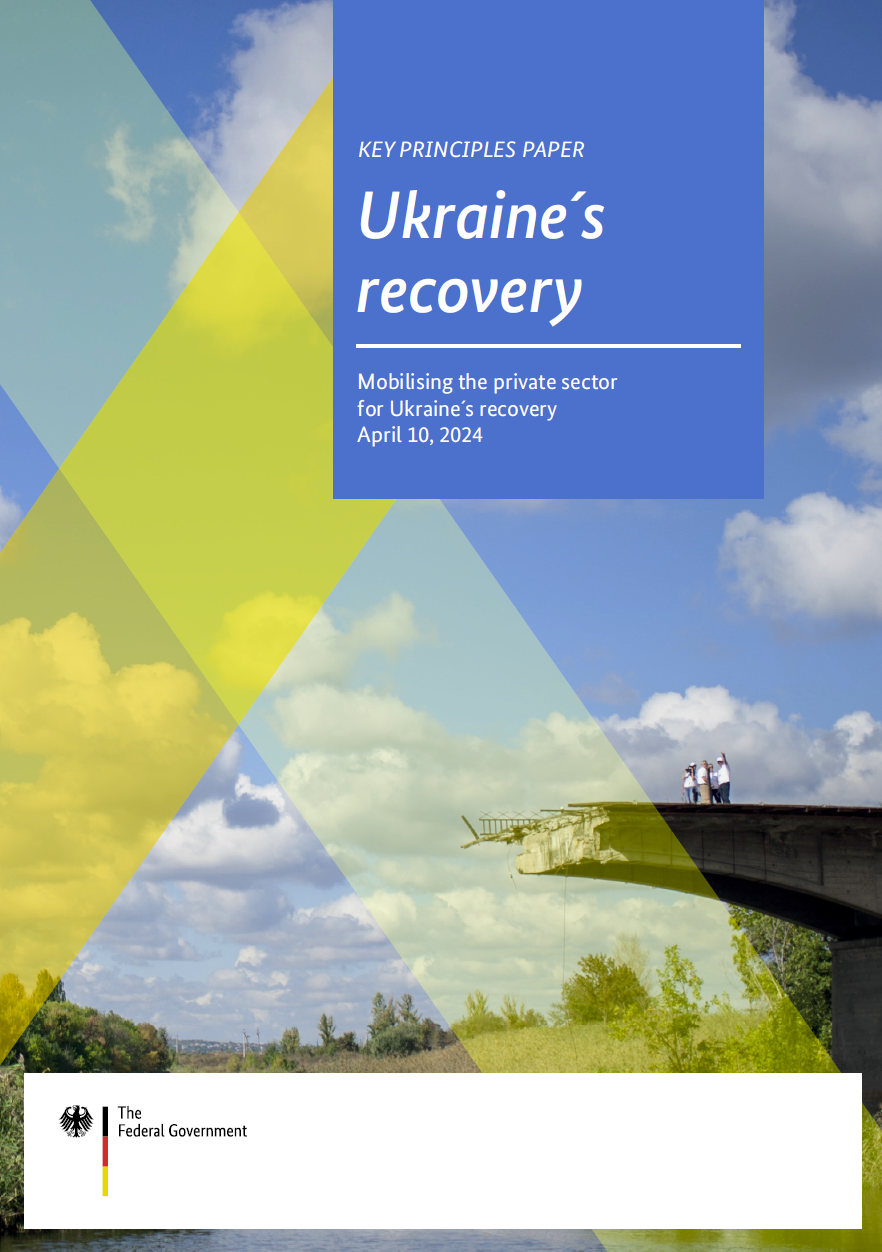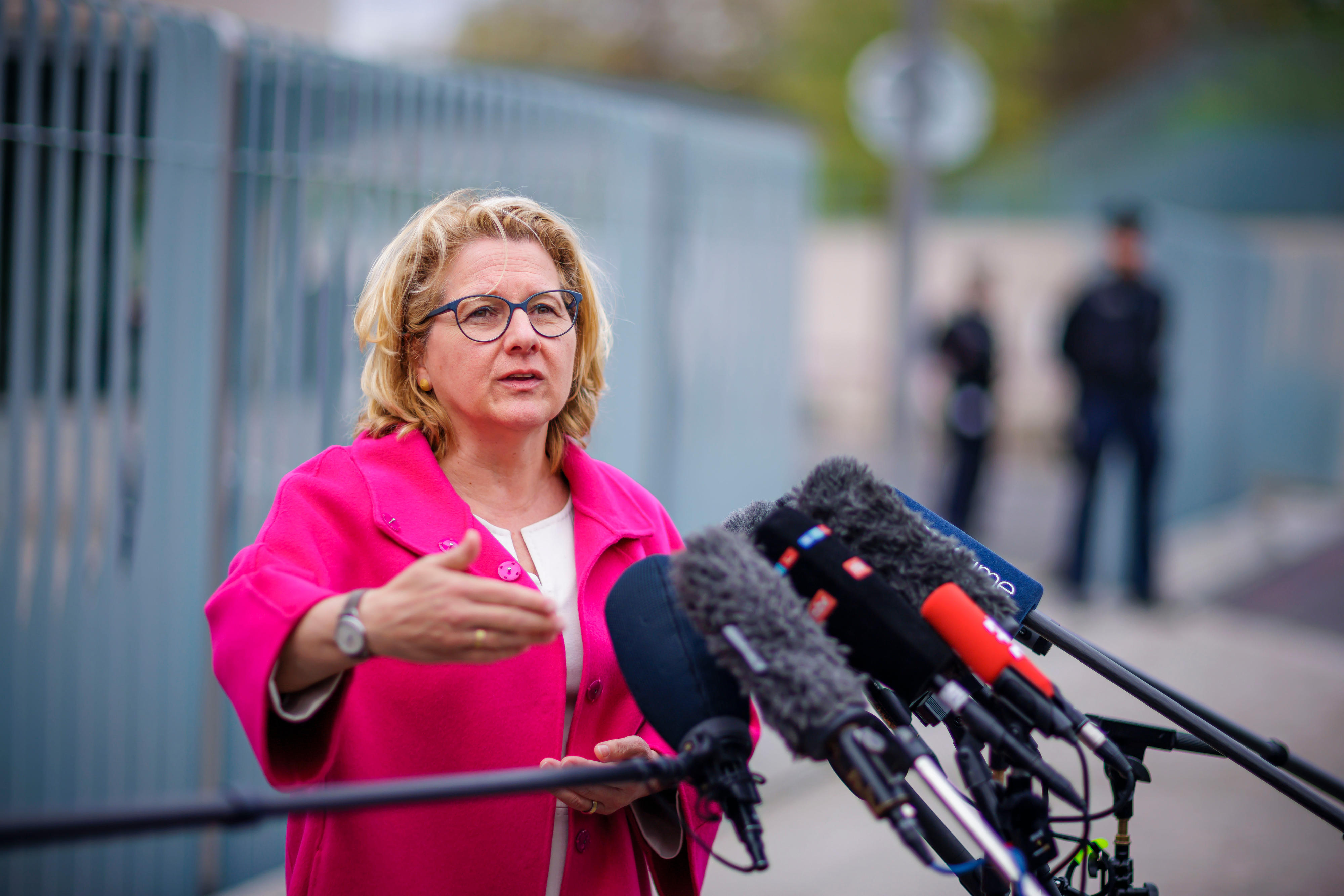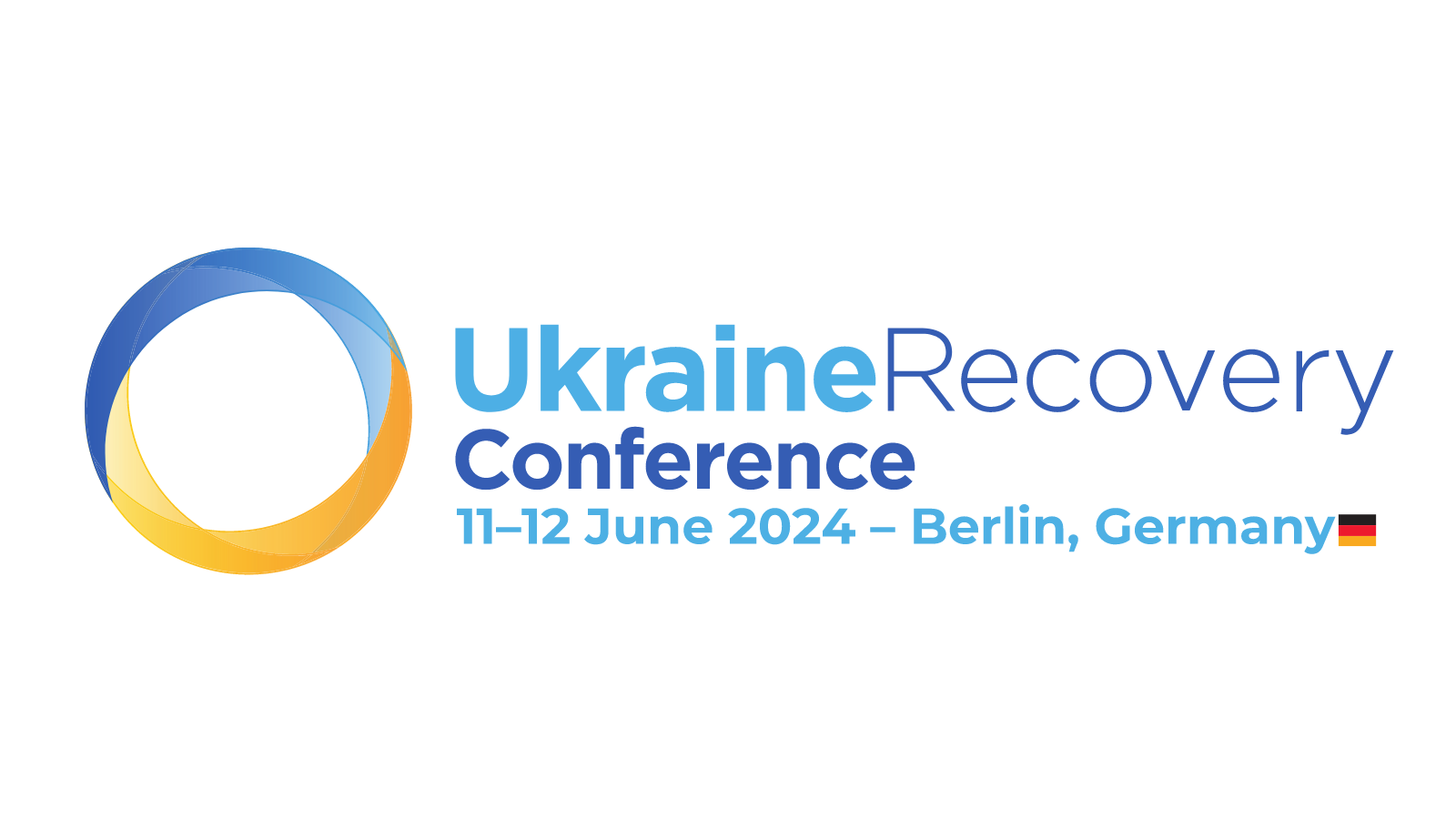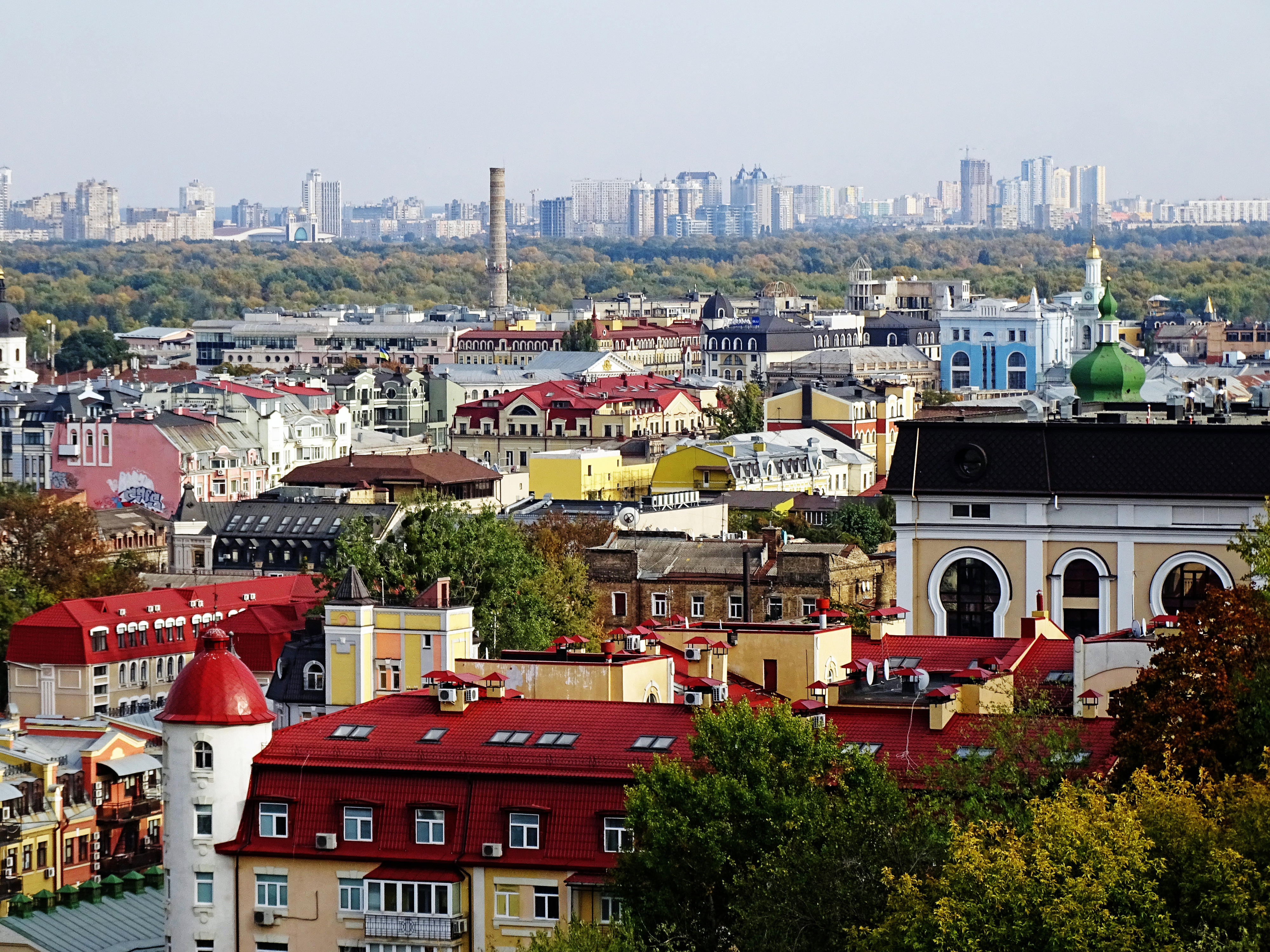Key principles paper German government adopts package of measures to support economic recovery in Ukraine
The German government has agreed on 15 measures to support businesses and private actors in advancing economic recovery in Ukraine. A “key principles paper” outlining these measures was adopted by cabinet today (available here).
The focus will be on grants and interest subsidies for small and medium-sized enterprises in Ukraine and investment guarantees for German businesses. Using those measures as a starting point, the German Development Ministry plans to work with the Ukrainian government on setting up an institution to promote economic recovery in Ukraine, similar to Germany’s KfW.
Press statement by Federal Development Minister Svenja Schulze following the meeting of the Federal Cabinet in which a key principles paper on mobilising the private sector for the reconstruction of Ukraine was adopted
Development Minister Svenja Schulze commented,
“The people of Ukraine are already working incredibly hard on rebuilding their country. They have the unwavering support of the German government and we are stepping up our efforts to assist the country with its economic recovery. Ukraine needs more than just weapons if it is to prevail in this war. It is vitally important that the economy should continue to function and the country be able to fund its recovery. One of the most effective levers available is concessional financing for small and medium-sized Ukrainian enterprises. In Germany, our promotional bank KfW has proved an invaluable institution, paving the way for Germany’s ”economic miracle“ in the 1950s and 1960s. And today its low-cost loans continue to help businesses and private individuals invest. Our experience with KfW is something we can share with Ukraine in its recovery process. We are already in talks with the Ukrainian government on setting up a similar type of institution there.”
Minister of Economic Affairs Robert Habeck said,
“When we think of Ukraine, we mainly have the front-line region in mind. However, Ukraine needs more than just our constant military backing. At the same time, we must make use of every possibility open to us to help the Ukrainian economy at this difficult time and to give it hope for the future. We have tailored our instruments to promote foreign trade and investment, i.e. our federal guarantees, to foster business relations between German and Ukrainian companies, and are making sure that the guarantees are effective in the current situation.”
Russia’s invasion of Ukraine has inflicted great losses and damage on the country. The World Bank currently estimates that recovery will cost around 486 billion US dollars, depending on how the war progresses. That recovery cannot be financed from public funds alone. That is why the German government is focusing on getting the private sector more involved in the process of recovery and modernisation in Ukraine. The paper adopted by cabinet sets out 15 measures for doing so. It aims to more closely combine instruments for promoting foreign trade and investment with instruments for development cooperation. It also draws on multilateral instruments for promoting economic development.
Small and medium-sized enterprises (SMEs) are the backbone of Ukraine's economy; they account for two thirds of value added and provide more than 80 per cent of the country’s jobs. That is why the German government’s support is focused on SMEs. One key instrument is the Ukrainian Business Development Fund (BDF). It was co-founded back in 1999 by Ukraine and KfW and has emerged as the foremost government instrument for promoting small and medium-sized enterprises in the country. The BDF has continued supporting businesses throughout the war, helping them to stay afloat. This has enabled around 40,000 micro, small and medium-sized enterprises to maintain their market position, continue offering jobs and adapt to wartime conditions. The BDF has, for example, helped farmers to clear their fields of mines so that they can grow crops on them again. The BMZ and its Ukrainian partners plan to develop the BDF over time into a national institution for supporting economic recovery, similar to Germany’s KfW.
The key principles paper outlining the support measures was put together by the BMZ with contributions from Germany’s Federal Chancellery, Federal Foreign Office, Federal Ministry of Finance and Federal Ministry for Economic Affairs and Climate Action. It is one contribution to the Ukraine Recovery Conference being hosted in Berlin by Chancellor Olaf Scholz and President Volodymyr Zelensky on 11 and 12 June.
The paper underscores the German government’s conviction that a stable, democratic and economically prosperous Ukraine is in Germany and Europe’s interests. All the measures to support Ukraine’s recovery also aim to support it in realising the reforms it will require for EU membership.




